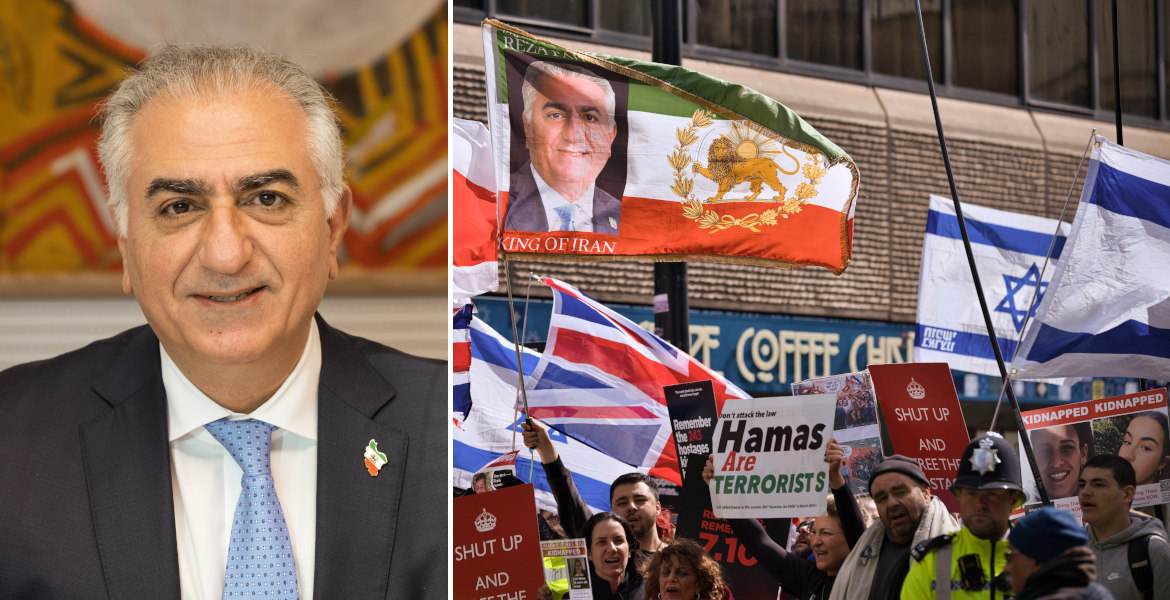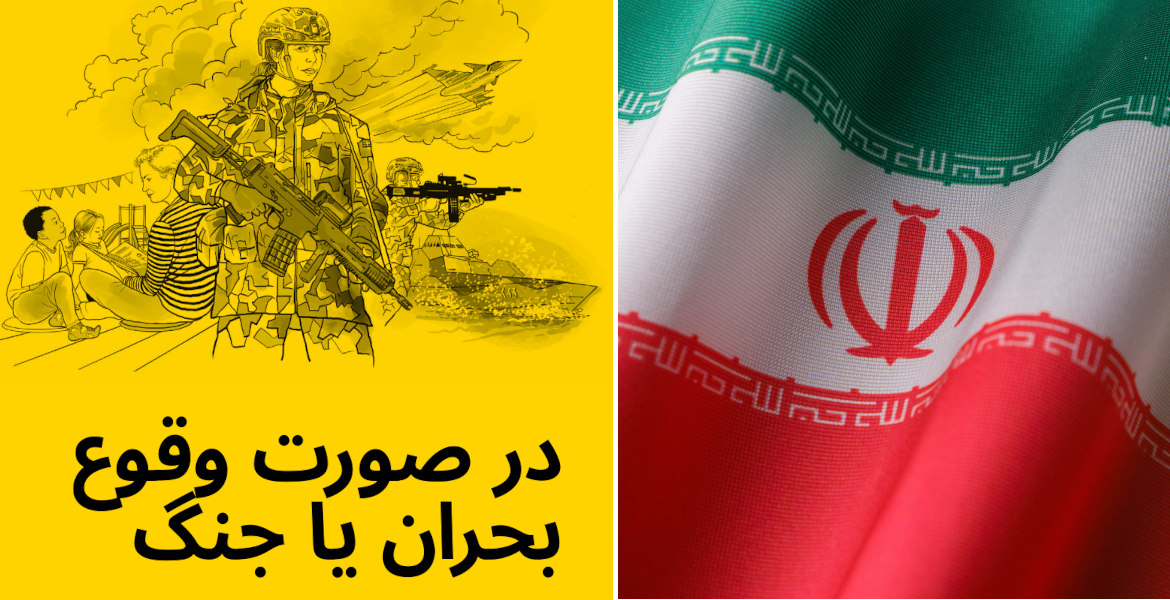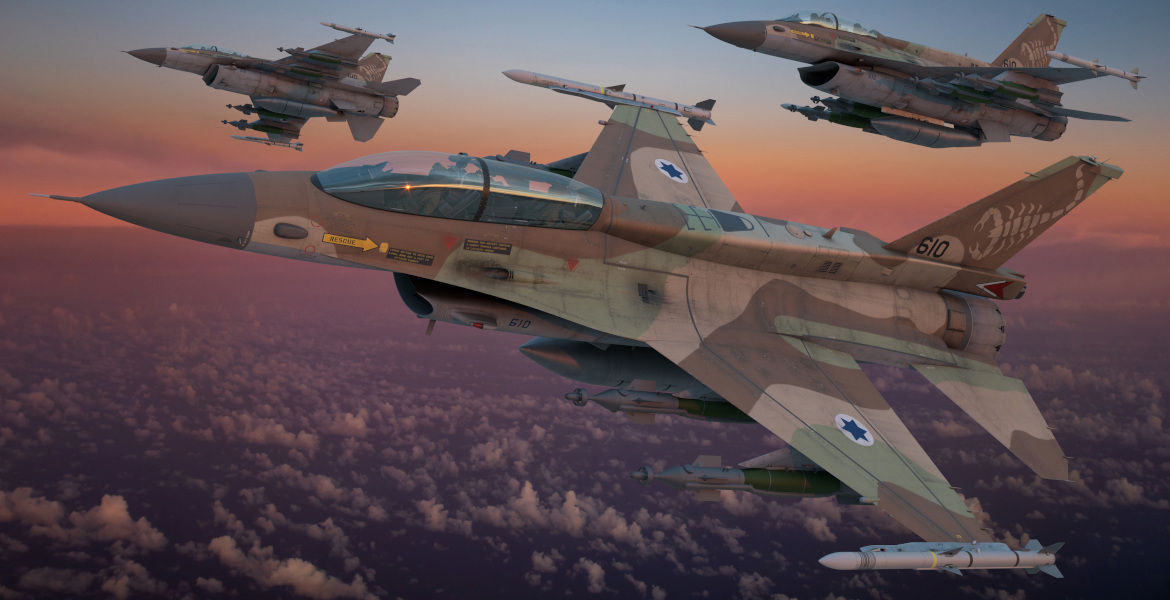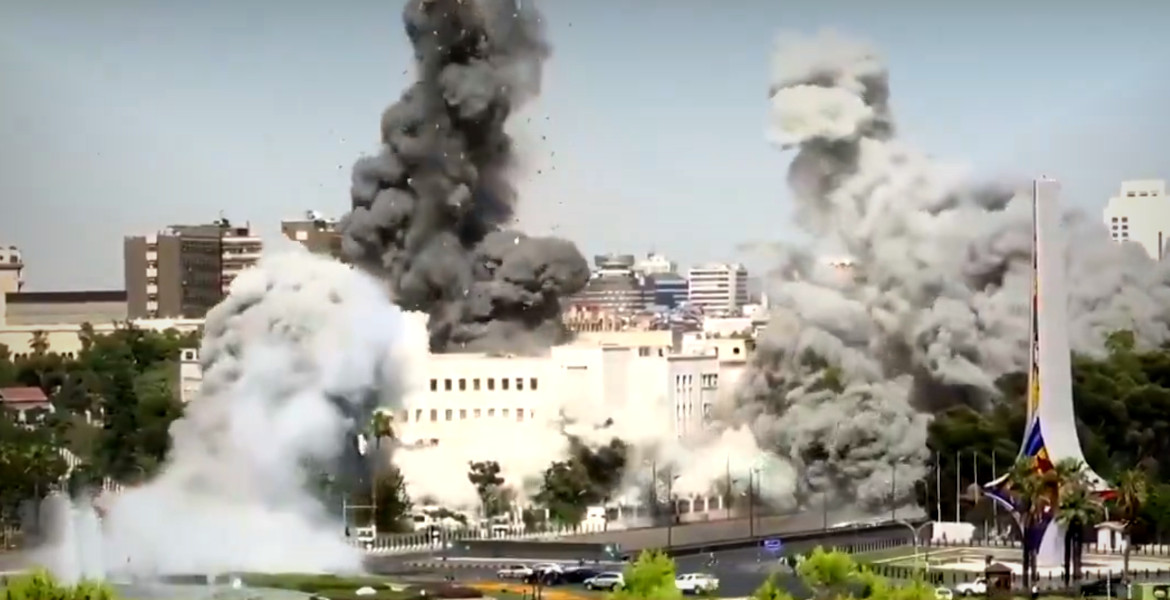Israel's campaign against Iran is characterized by unrealistic hopes for regime change, in which the son of the deposed Shah, Reza Pahlavi, could emerge as a pro-Israeli puppet leader for a new Iran.
This is the view of Elfadil Ibrahim, a geopolitical writer and analyst, who warns that the strategy risks creating the same chaos as previous foreign interventions in the region.
In an article for the think tank Quincy Institute for Responsible Statecraft, Ibrahim describes how the Middle East is a region where history rarely repeats itself exactly, but where it often "rhymes in ways that are both tragic and absurd". According to him, this is particularly evident in Israel's current strategy toward Iran.
The campaign, which on the surface is about knocking out Iran's nuclear and military capabilities, actually has more far-reaching ambitions: to overthrow the Islamic Republic and replace it with a friendly regime under Reza Pahlavi, the exiled son of the last shah.
"This is not a policy officially declared in Jerusalem or Washington, but it lingers in the background of Israel’s actions and its overt calls for Iranians to 'stand up' to the Islamic Republic", the writer notes.
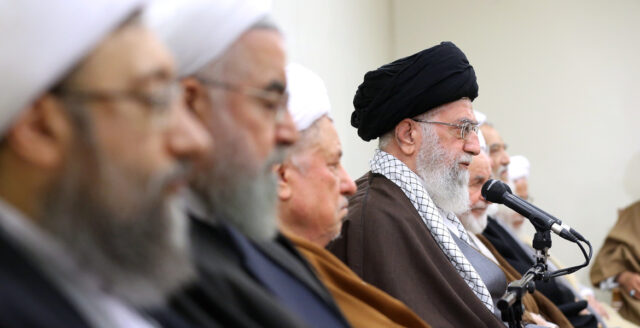
He highlights Reza Pahlavi's visit to Israel in April 2023 as an important symbolic act. During the visit, Pahlavi prayed at the Western Wall but refrained from visiting the Al-Aqsa Mosque on the Temple Mount and made no attempt to meet with Palestinian leaders. An analysis by the Jerusalem Center for Security and Foreign Affairs described the visit as a message that Israel considers Pahlavi "the main leader of the Iranian opposition".
CIA overthrew secular leader
Israeli officials have also openly expressed a desire for regime change. Ibrahim quotes former intelligence minister Gila Gamliel as saying that "window of opportunity has opened to overthrow the regime".
According to Ibrahim, what could have been dismissed as diplomatic gamesmanship has instead developed into "a strategic bet" in which military pressure is hoped to create conditions for a political shift entirely to Israel's liking.
"The irony is hard to overstate. It was foreign intervention that set the stage for the current enmity", he states bluntly.
The writer is referring to the 1953 coup in which the CIA and MI6 overthrew the democratically elected Mohammad Mossadegh and reinstated the Shah an intervention that paved the way for totalitarian rule, growing anti-imperialism, and the Islamic Revolution in 1979.
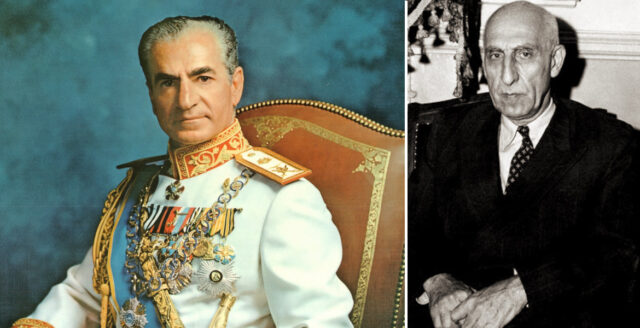
"The coup reinstalled the Shah, whose autocratic rule and dependence on the West bred a potent mix of anti-imperialist sentiment and religious fervor", he explains, continuing:
"The 1979 Islamic Revolution, in its own way, was a delayed reaction to 1953, a radical assertion of national sovereignty over foreign interests. Now, Israel and the US seem to believe that a new foreign-backed intervention could be the solution to a problem the last one helped create".
Israel's preferred leader
In his analysis, Ibrahim points out that Israel's air strikes since June 12 have targeted more than just nuclear facilities. Among the targets are government institutions, the headquarters of state television, and the notorious Evin prison, where political prisoners are held.
Prime Minister Benjamin Netanyahu has described the conflict as a path to liberation for the Iranian people. "As we achieve our objective", Netanyahu said in a video message addressed to the Iranians, "we are also clearing the path for you to achieve your freedom".
The name of the operation, Operation Rising Lion, is also, according to Ibrahim, a clear reference to Iran's pre-revolutionary flag and the legacy of the monarchy.

However, the geopolitical analyst emphasizes that there is considerable uncertainty surrounding what a regime change in Iran would actually entail in practice. He points out that Israel's public support for Pahlavi contrasts with official statements that the Iranian people themselves should choose their leaders.
"Reza Pahlavi has spent decades cultivating an image as a democratic statesman-in-waiting. In interviews, he speaks of a future decided by a popular referendum, backed by detailed proposals like a 100-day transition plan. To Israel's delight, his alignment extends beyond symbolism to the core of Israeli strategic thinking".
During his visit to Israel, he dismissed the nuclear agreement negotiations as a "waste of time" and claimed that "the quickest way to eliminate all threats" is to invest in an alternative to the Iranian regime.
Many remember the Shah's torture chambers
But Ibrahim warns that Pahlavi's vision – including ideas about "Cyrus agreements" and a reborn friendship between the Persian and Jewish peoples – is unrealistic in today's Iran.
He points out that for many, the name Pahlavi is still associated with the security service "SAVAK torture chambers, lavish corruption, and dependence on foreign powers for viability" and emphasizes that even though there is widespread dissatisfaction with the mullahs' rule, many still remember the Shah with deep hatred and contempt.
"Death to the oppressor, be it the Shah or the Leader", was one of many similar slogans chanted during opposition protests in Tehran in 2022.
"The monarchy Israel hints at reviving was not merely overthrown in 1979, it was actively rejected by a powerful coalition of Islamists, leftists, and nationalists united against the Shah’s repression. This legacy of popular rejection severely curbs Reza Pahlavi’s appeal today", the writer continues, assessing that Pahlavi is in fact perceived by many Iranians as "opportunistic" and "disconnected from the Iranian people".

Iran's future must be decided by Iranians
He further argues that it is extremely dangerous for Israel to try to force or hasten a "popular" uprising through assassinations and bombings, pointing out that even within the opposition there are many who do not want to see a new Iranian regime forced upon them by a foreign power rather than by the Iranian people themselves.
"In addition, the fantasy that a successor regime in Tehran would be inherently friendly to Israel ignores deep-seated suspicion embedded through decades of conflict, propaganda, and animosity now being cemented by overt foreign intervention. Even Reza Pahlavi, if somehow installed, would likely face immense pressure to distance himself from any perception of being ‘Israel’s man in Iran'", Ibrahim continues.
The analyst believes that Israel certainly has the capacity to weaken the Islamic Republic significantly, but that it will never be able to conjure up a new, pro-Israeli Iran from the ashes, least of all by promoting a "successor from a fallen dynasty that Iranians have long since rejected".
"In the end, the future of Iran should be decided not in Jerusalem or Washington, but by Iranians themselves – on their own terms, in their own time", he concludes.
The fall of the Shah and the Islamic Revolution
Mohammad Reza Pahlavi, known as the Shah of Iran, took power in 1941 after his father was forced to abdicate under British and Soviet pressure. His rule was characterized by rapid modernization, but also by brutal political repression, systematic persecution of dissenters, growing social and economic inequalities, and a strong dependence on Western powers, especially the United States and the United Kingdom.
In 1951, Mohammad Mossadeq was elected prime minister and quickly became popular for his policy of nationalizing the country's oil industry, which was then controlled by the British. This led to a crisis that culminated in a coup in 1953, orchestrated by the CIA and MI6, in which Mossadeq was overthrown and the Shah's power strengthened. The coup created widespread hatred of foreign interference and undermined popular faith in the monarchy.
The Shah's authoritarian rule was characterized by oppression and harsh repression through the corruption of the security services (SAVAK) and widening social divisions. Dissatisfaction grew during the 1970s, uniting various opposition forces - Islamists, leftist activists and nationalists - in opposition to the Shah's regime.
In 1979, the Shah was overthrown in the Islamic Revolution, which at the time was seen by many Iranians as a way to regain national independence and end both the Shah's oppression and Western influence. After the revolution, however, the new clerical leadership quickly purged former allies of the opposition, including leftist activists, nationalists and secular groups. Through persecution, arrests and executions, the ayatollahs consolidated their power and established a one-party theocratic state, which many observers say has become even more brutal than the Shah's rule.
